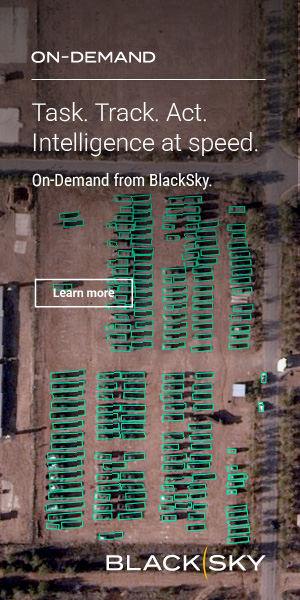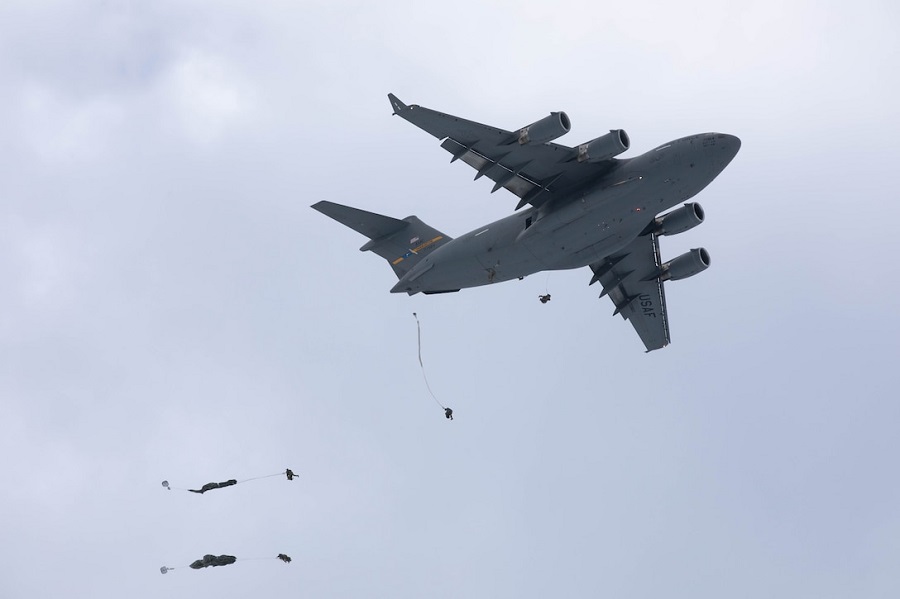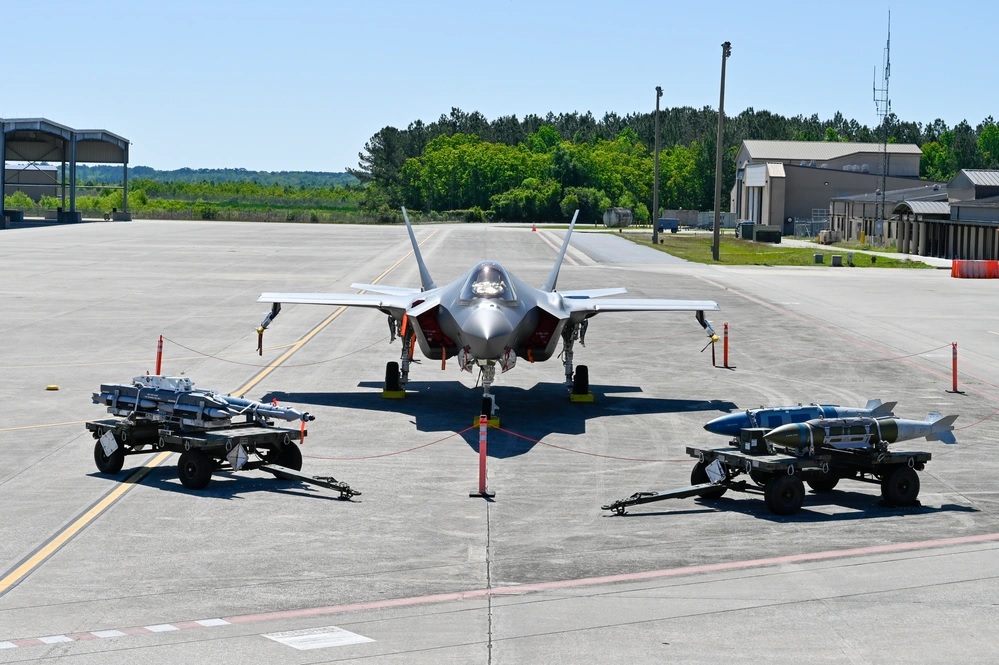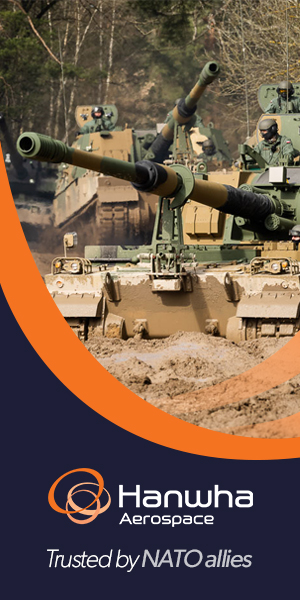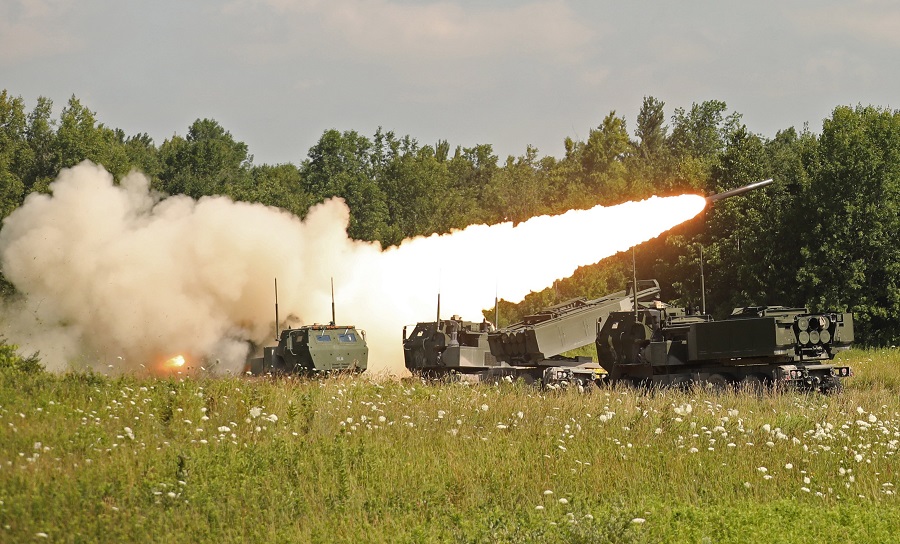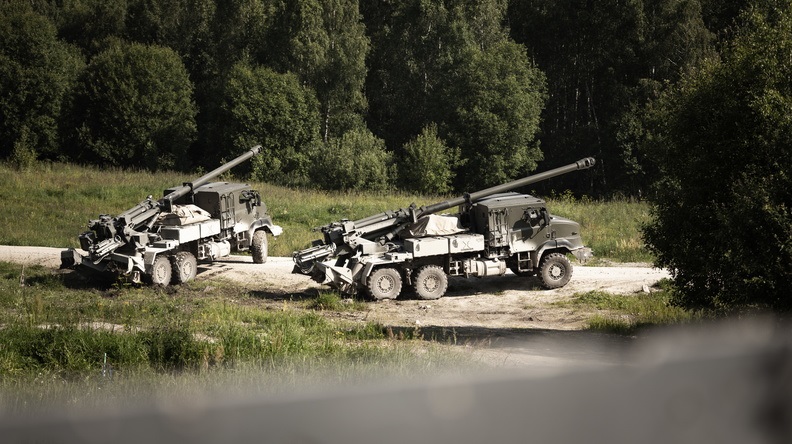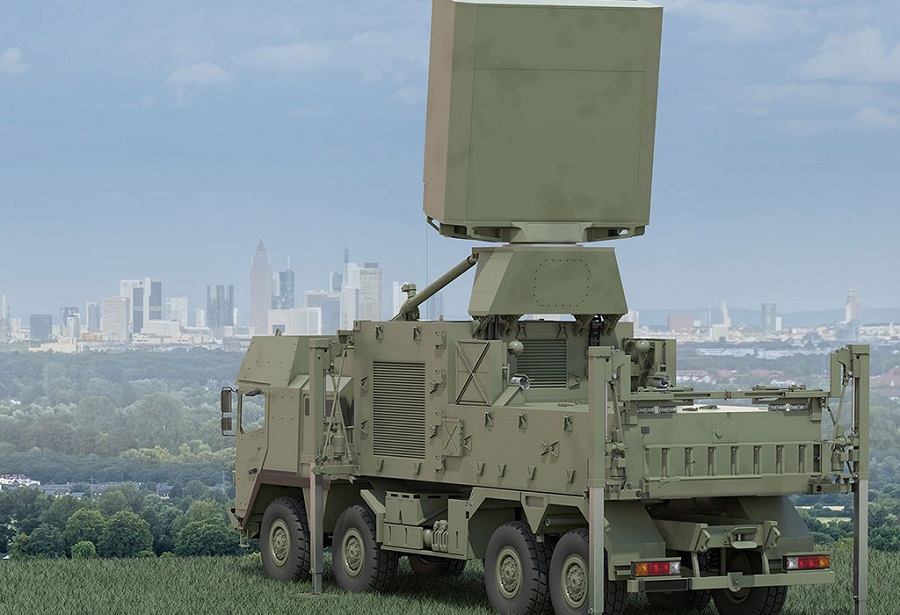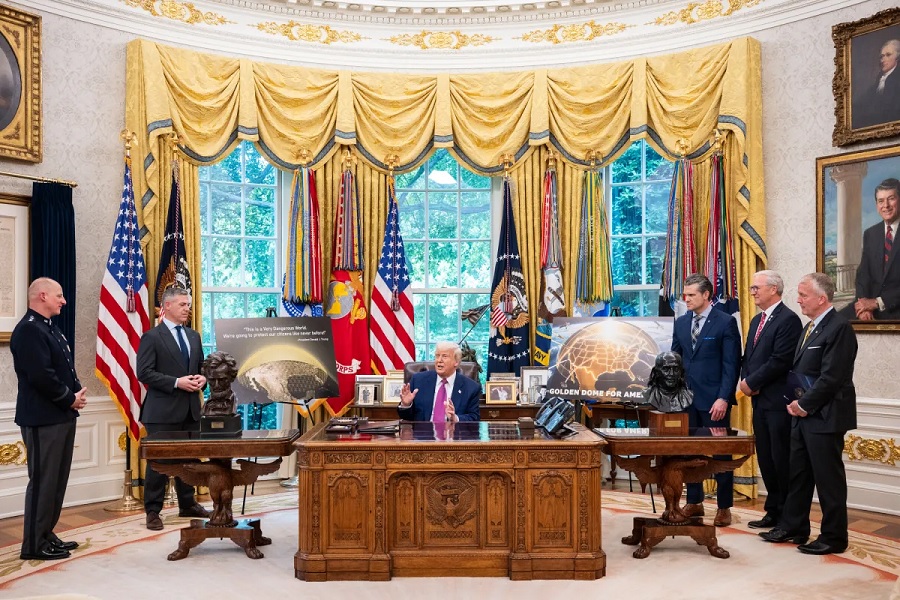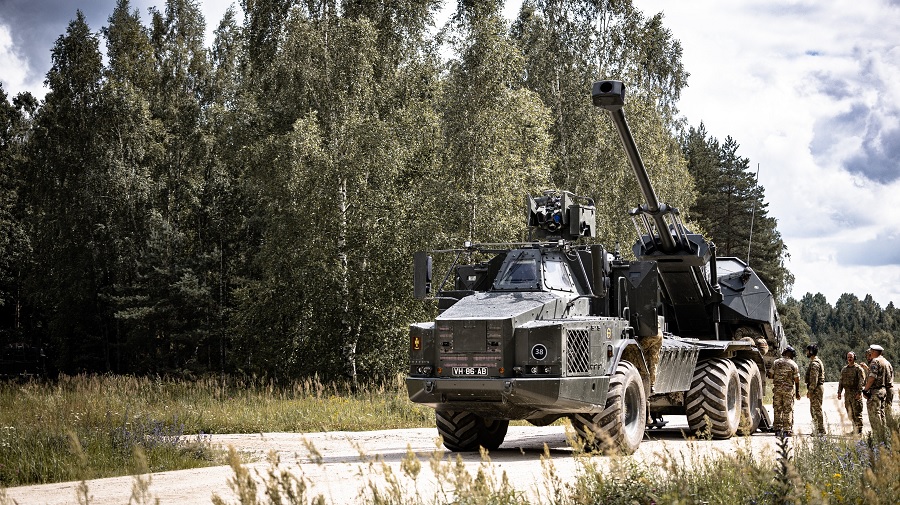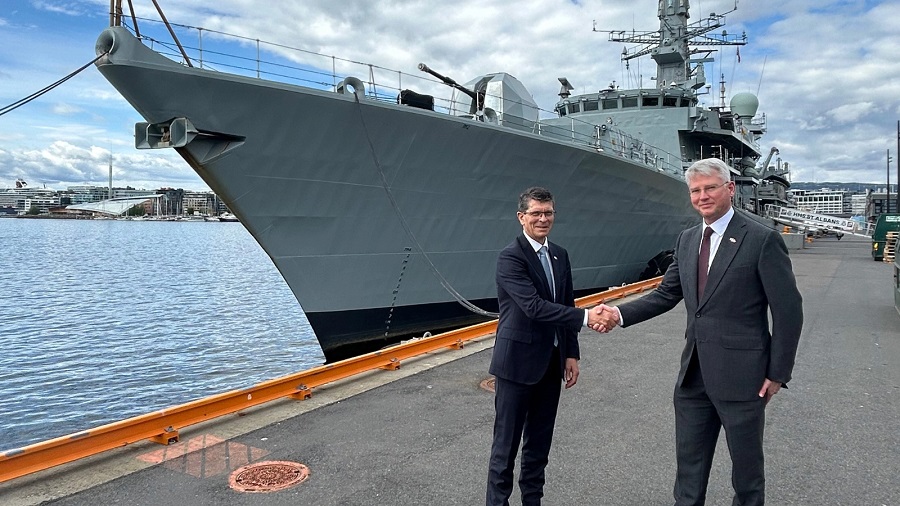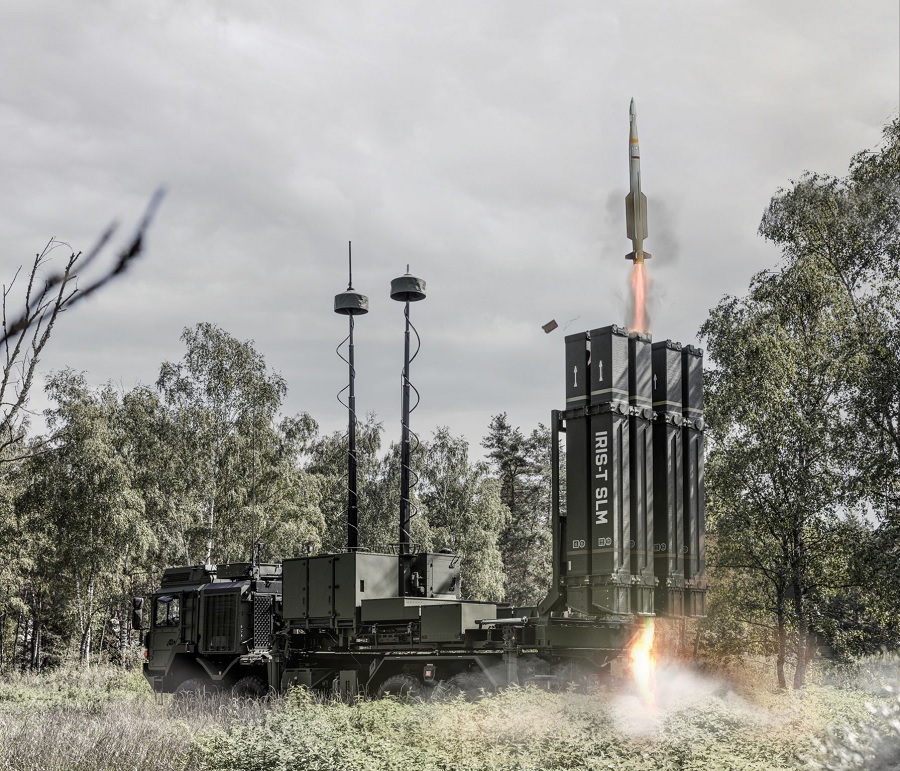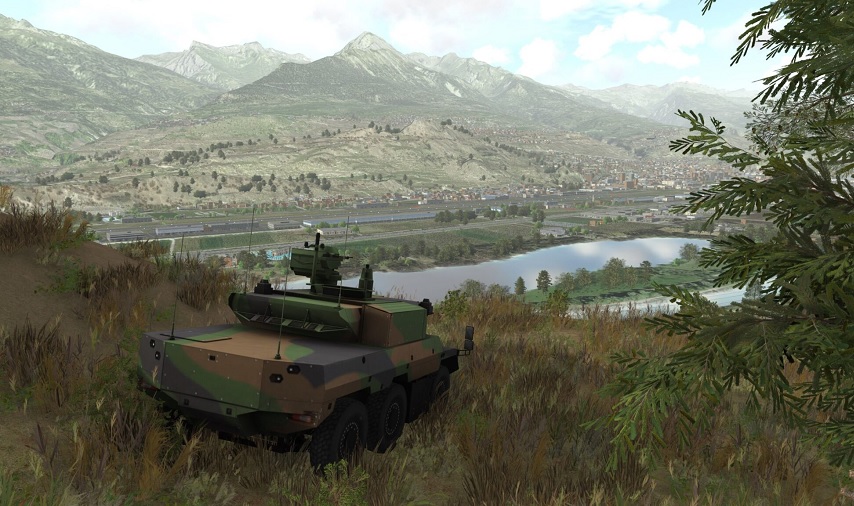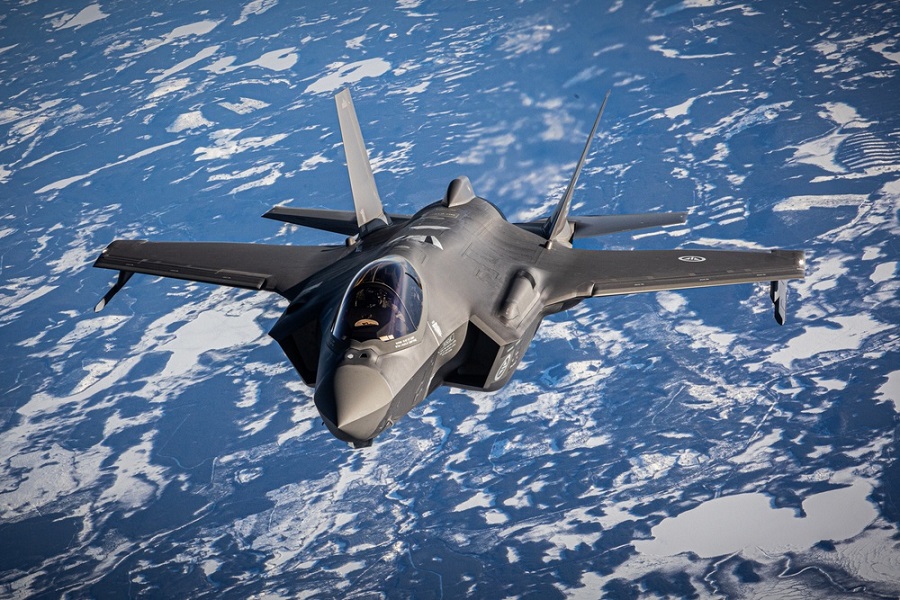The military seeks graduates who are prepared to lead, manage resources, and handle high-stakes operations. This article highlights the best degrees for military officers, the benefits of pursuing a military-aligned education, and how these programs can prepare you for both military and civilian opportunities.
Top Academic Fields for Military Careers
Not all degrees are equally relevant to military service. Programs that align with leadership, technology, intelligence, and global affairs tend to open more doors. Here are some examples of best degrees for military:
- Military Science or Strategic Intelligence – Offers training in leadership, data analysis, and military operations.
- Engineering (Civil, Mechanical, Systems) – Essential for infrastructure, weapon systems, and technical military roles.
- Computer Science and Information Technology – Supports cybersecurity and communications operations.
- Criminal Justice or Criminology – Aligns with military police and security roles.
- Political Science or International Relations – Prepares officers for diplomatic and intelligence assignments.
- Healthcare (Nursing, Radiology, Biology) – Supports medical roles in active duty or veterans’ care.
Degrees in these fields not only build essential skills for service but also translate well to civilian careers after completing active duty.
Developing Leadership and Academic Skills
While technical skills are critical, leadership and critical thinking remain the core of military advancement. Officers must be prepared to handle complex missions, manage personnel, and coordinate across departments.
During demanding academic programs, some students rely on an essay writer professional to manage high workloads. For those balancing ROTC training, college classes, and other responsibilities, this type of support can help maintain focus on both leadership development and academic performance.
Programs that emphasize writing, research, and problem-solving are excellent complements to military training because they develop the ability to analyze complex information and make decisive judgments.
Popular Military College Degrees
Many students seek programs that have a direct connection to military or defense operations. Here are examples of military degrees and related fields often pursued by cadets or service members:
| Degree | Military Application |
| Military Science | Prepares for leadership and officer roles |
| Strategic Intelligence | Intelligence, analysis, and mission planning |
| Engineering | Infrastructure, weapon systems, and logistics |
| Computer Science/IT | Cybersecurity, communications, and intelligence |
| Healthcare/Nursing | Field hospitals, medical support, and veteran care |
| Criminal Justice | Military police and base security |
| Political Science/International Relations | Strategy, diplomacy, and intelligence |
| Journalism | Media relations and public affairs in the Army |
Studying a military degree or a related field helps students gain both tactical and operational knowledge. It also prepares them for specialized assignments that require technical competence or leadership skills.
Military Majors in College for Aspiring Officers
For those learning how to become a military officer, certain military college degrees can be particularly valuable:
- Foreign Languages – Supports intelligence and international missions.
- Philosophy or Ethics – Builds analytical thinking and decision-making for leadership roles.
- Kinesiology and Exercise Science – Useful for training program development and physical readiness.
- Business Administration or Management – Prepares officers to oversee operations and resources.
These military majors in college can help graduates step directly into officer candidate programs or ROTC commissioning tracks. They also strengthen post-service employability in public and private sectors.
Degrees That Align with Long-Term Career Goals
Some students look for broad degrees for the military that support multiple career paths. Strategic choices include:
- Degrees that meet immediate Army needs, such as engineering or nursing.
- Programs that provide transferable skills, like business or IT.
- Fields that enhance leadership and analytical ability, like political science or philosophy.
Choosing from a military degrees list allows students to plan for career longevity, combining active service with post-military opportunities. Many of these degrees are also compatible with ROTC programs, which may provide scholarships or stipends during college.
Combining ROTC with a Military-Focused Degree
Students aiming for an Army career can strengthen their path by pairing a military-aligned degree with participation in the Reserve Officer Training Corps (ROTC). This approach allows future officers to gain both classroom knowledge and hands-on leadership training. Majors in engineering, political science, or healthcare align well with ROTC because they provide technical and analytical skills that complement field exercises and leadership courses.
By completing ROTC alongside a relevant degree, students graduate with a commission as an officer and a strong academic foundation that supports both military advancement and civilian opportunities. This dual-track approach also increases competitiveness for specialized assignments and officer positions that require a combination of education and practical experience.
Final Thoughts
Selecting the right academic path is an important step for anyone pursuing a military career. A strong degree can improve commissioning prospects, expand promotion potential, and create opportunities after active duty. Programs in intelligence, engineering, healthcare, and leadership are especially valuable for future Army officers, providing the foundation to serve effectively while building a successful professional future.




